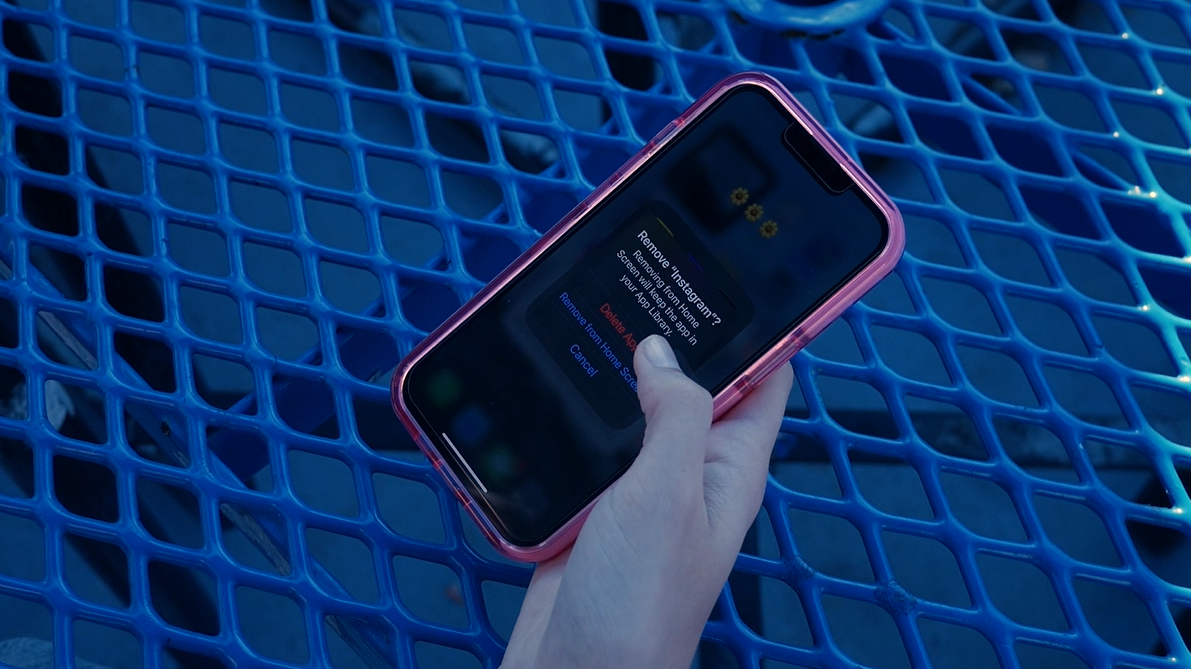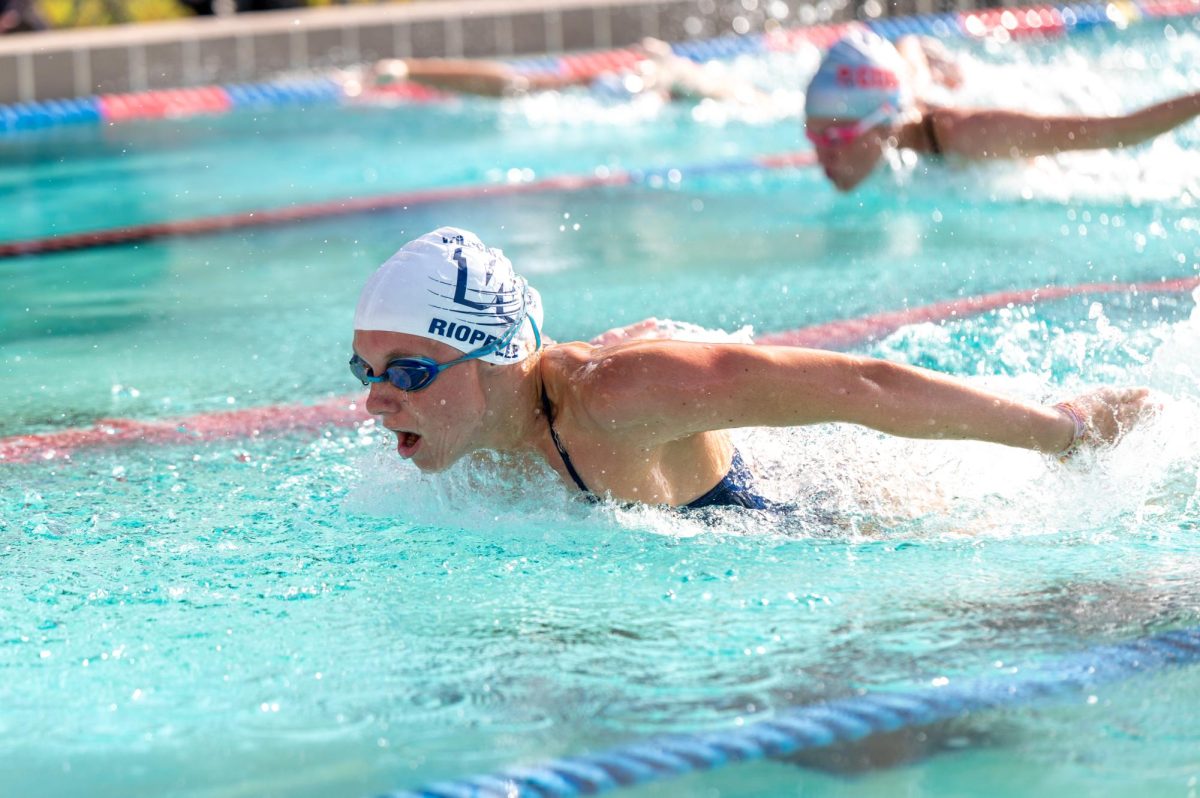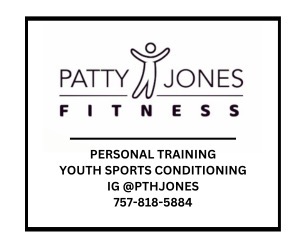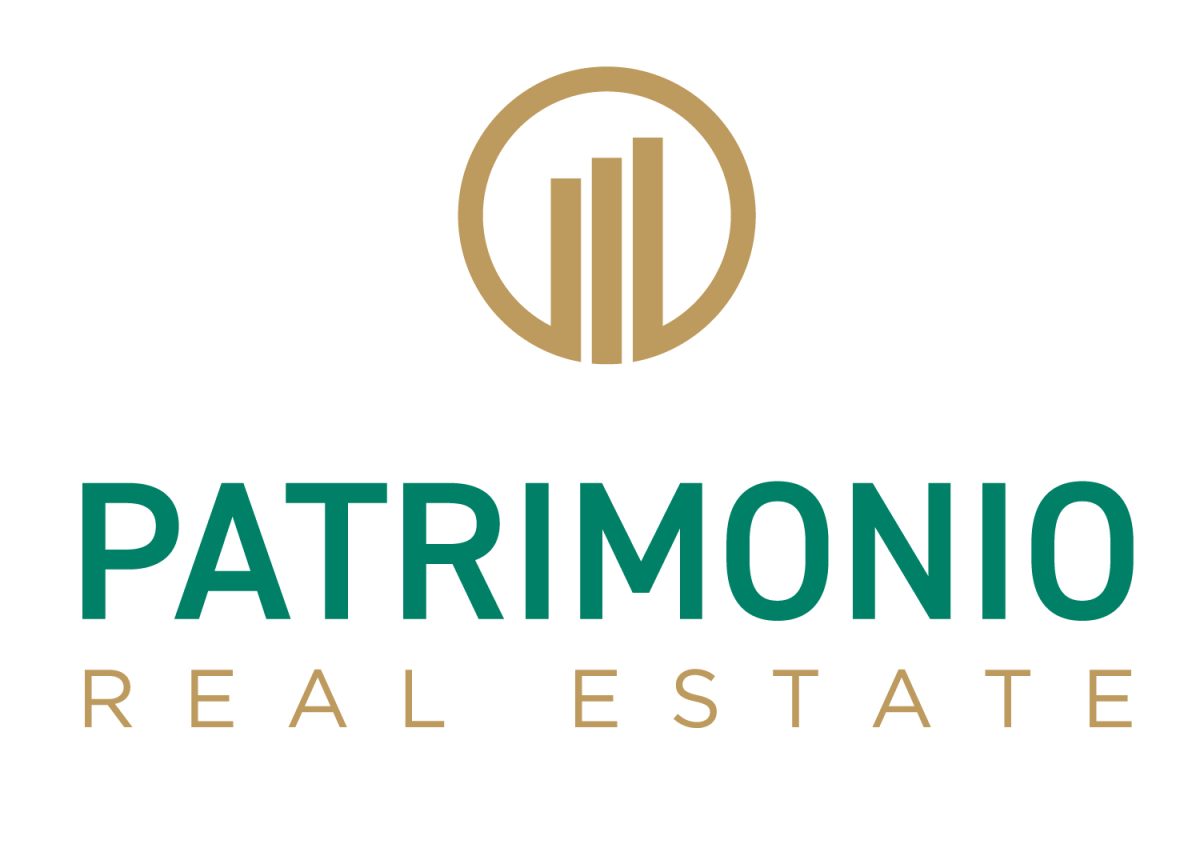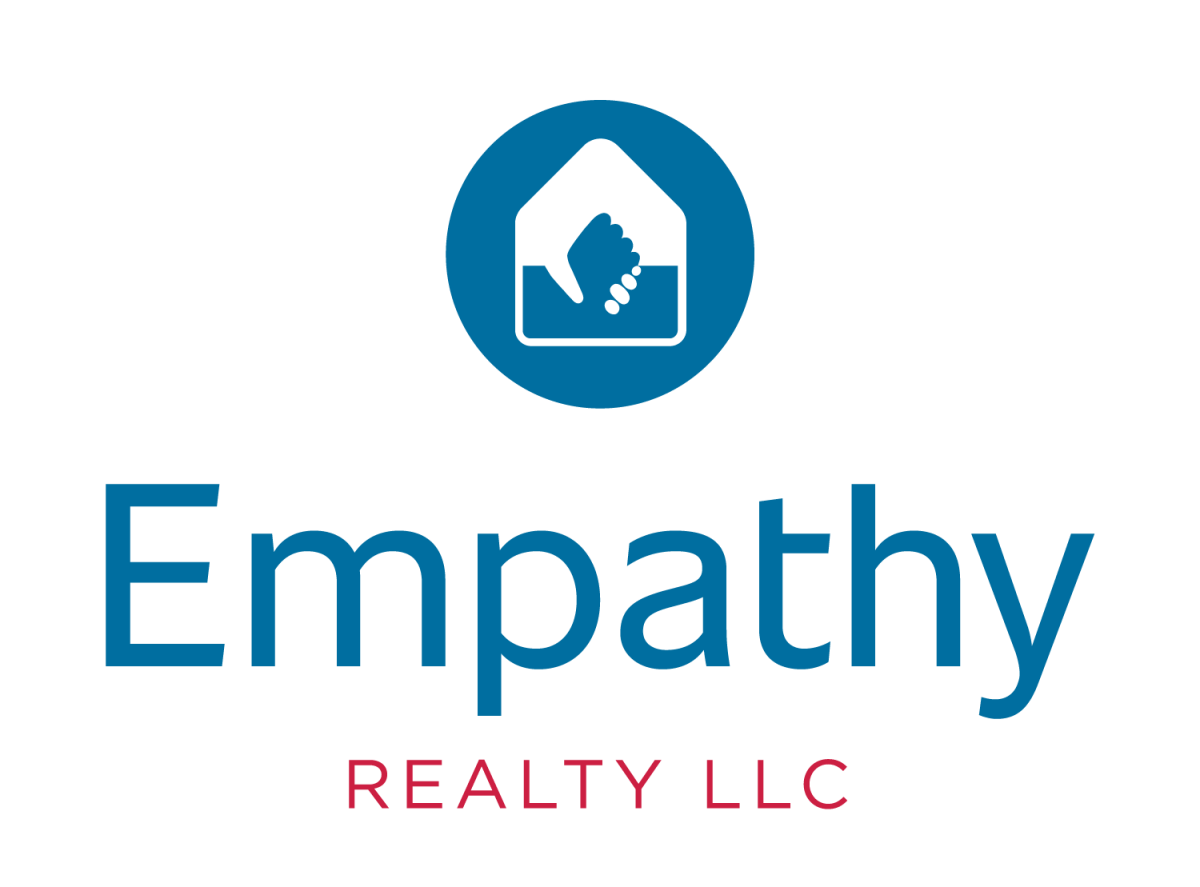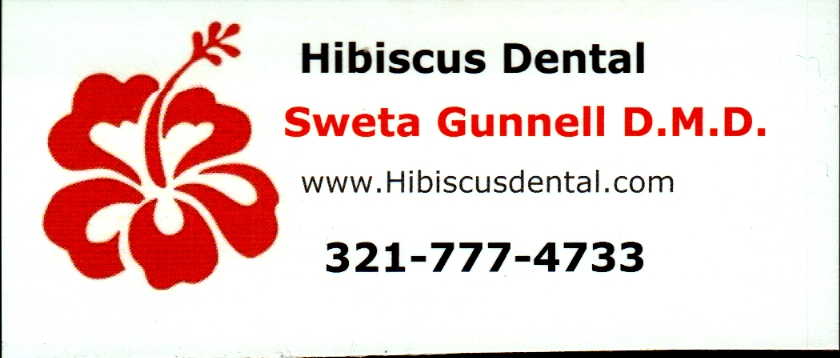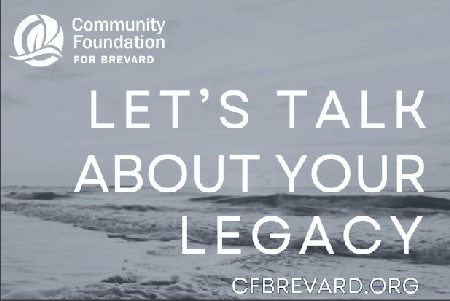New Lingo
March 8, 2017
Next fall will bear witness to a new development in school academics: the introduction of Arabic I. The new course — meant to offer students the opportunity to build a more competitive college admissions portfolio — will take the form of one class period and its success will based upon the reaction of the student body.
“We may have one section of it next year or we may not have any sections,” Principal Rick Fleming said. “If there aren’t enough students signed up for it, then obviously we can’t have the class. If enough students sign up, we will have one section, and if the kids like the language and they like the teacher and [the class] gets a good review, then perhaps it will grow into another sequence. While it’s difficult to predict how students will respond, I have already heard some discussion about it on campus, and several of our students who are of Middle Eastern descent are very excited about the opportunity to learn Arabic.”
Because Arabic I will be the only Arabic class offered next year, the new teacher — Diana Masri — will be shared with Edgewood.Masri will teach one period of Arabic at Edgewood and another at West Shore, using one period for travel time in between classes.
“When you start a language, you have to start it with one section,” Fleming said. “You can’t start it with all four sections of Arabic or four sections of Mandarin, so what happens is you can’t offer a teacher a full-time job, and a lot of our teachers need to be full-time employees. They can’t just teach one period and get paid $10,000 a year for that one period, so that’s the problem.”
However, Masri said the outcome will be worth the commute.
“I know of the travel and it will not be an inconvenience,” Masri said. “As a matter of fact, it is a welcomed challenge. Reaching a large number of students at the best two schools in Brevard County is certainly well worth it.”
Masri, who obtained a graduate diploma in children’s education in 1991, has experience with both classroom teaching and private tutoring and said she is excited to impart her love of language to students who are equally excited to learn.
“I am a child educator by trade,” Masri said. “Education is my choice profession, and teaching the Arabic language is task that requires understanding not only the mechanics of the language, but also the culture it was created in. I want to educate young adults that are serious about learning and that is the reputation of the students at West Shore.”
Being an American of Lebanese origin, Masri mastered Arabic before learning English, and later on, French. Fluent in these three languages, Masri believes language is a powerful tool and thus intends to give students the chance to learn a new one.
“I have spoken Arabic as long as I lived,” Masri said. “In my opinion languages are bridges between cultures. Understanding a second or even a third language opens the horizon for students to experience those cultures and provide them with a tool to use during their travels as well as understanding the current events that surrounds them.”
Like Masri, Fleming believes the addition of the Arabic language will be benefit students by providing them with new skills.
“I’m excited about this opportunity,” Fleming said. “When I did my research about what the most needed world language was in terms of society and in terms of job opportunities, it wasn’t Spanish — it was Arabic, believe it or not. Adding Arabic gives immediate credibility to all kinds of military scholarships because we are immersed in Middle Eastern culture over there as Americans, and our ability to speak that language is going to be very lucrative in terms of job opportunities.”
By Elizabeth Marrin









































